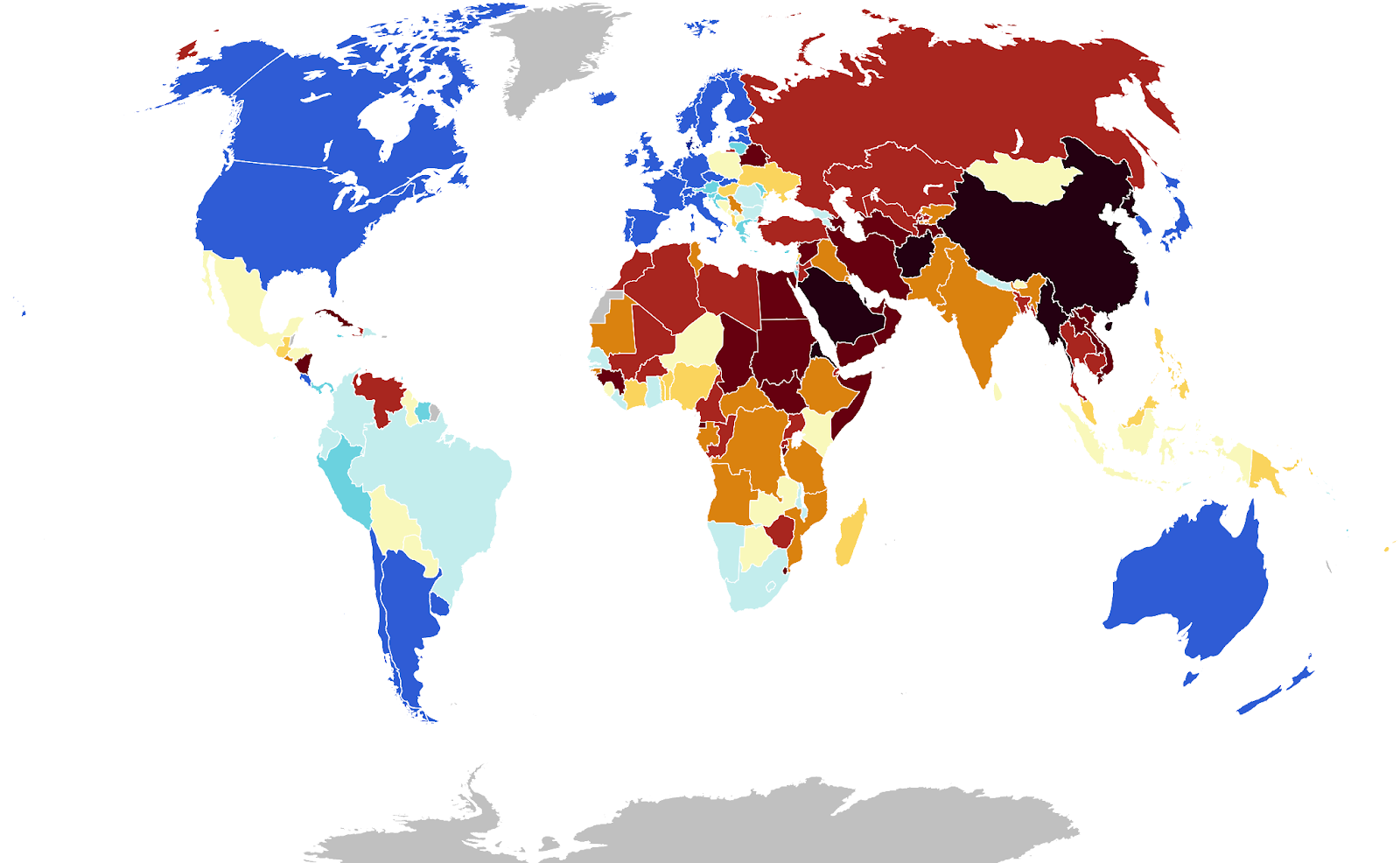Guatemala Reverses Course on Same-Sex Marriage Ban
Guatemalans celebrate LGBTQ+ pride (Wikimedia Commons).
In a surprising turn of events, Guatemalan President Alejandro Giammattei withdrew his support from the controversial “Life and Family Protection Law,” according to Prensa Libre. Per Reuters, the bill would have explicitly banned same-sex marriage and increased the prison sentence for abortions to 25 years.
On March 8, International Women’s Day, the Guatemalan Congress passed the bill with just eight representatives voting against, as reported by BBC News. Reuters reported that the next day, President Giammattei symbolically boasted that Guatemala was the “pro-life capital of Ibero-America.”
However, just a few days later, President Giammattei attempted to disconnect the pro-life ceremony from the anti-abortion bill, according to the New York Times. He claimed that the bill “suffer[ed] from technical deficiencies'' and “violate[d] the constitution of the republic.” Additionally, the Los Angeles Blade reported that the bill breached the conditions of the Inter-American Court of Human Rights (IACHR) 2018 ruling, which substantiated basic rights for the LGBT community.
In addition to banning same-sex marriage, Reuters found that the bill would have outlawed education on gender identity and non-heterosexual identities. Numerous human rights organizations—both inside and outside of Guatemala—feared that the lack of LGBT education in schools would lead to an increase in hate crimes against members of the community, per Prensa Libre.
According to the New York Times, Guatemala already has laws in place that prohibit abortion except when the woman’s life is in danger. Doubling-down on these laws through the proposed increase in prison time would have distinguished Guatemala as the Latin American country with the strictest abortion laws. Similarly, Prensa Libre noted that feminist organizations alerted the media that stricter enforcement and punishments of abortions could lead to more unsafe and covert abortion procedures.
Reproductive rights activists and organizations do not stand alone in their opposition to the bill. When the Guatemalan legislature initially passed the bill, the U.S. government indicated its discontent over the same-sex marriage ban, per the New York Times.
After near-universal backlash, President Giammattei reversed course and promised to veto the bill if it reached his desk. The New York Times and activists claim that the surprising turnaround is likely a result of President Giammattei’s already-low approval ratings. President Giammattei maintains the worst approval ratings of any Guatemalan president in the last 30 years, according to a CID-Gallup poll reported by the New York Times. Since taking office, two corruption scandals have plagued the Giammattei presidency, along with frequent backlash from human rights campaigns.
With President Giammattei’s disapproval of the bill, the Guatemalan Congress revoted 119-19 to not enact the law, according to the Los Angeles Blade. The Los Angeles Blade reported that the failure of the bill coincided with droves of LGBT activists cheering in front of the Congress building.




